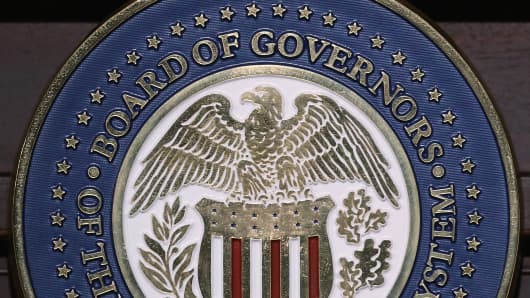On Wednesday, the Federal Reserve will announce whether or not it will raise interest rates. I believe that raising rates would be an irrational move and nothing more than an attempt to prop up a weakening economy.
We are in no economic condition to raise rates. The inflation rate was last reported at 0.9 percent, still far below the Fed's 2 percent annual target. In addition, overall economic growth has slowed, as just earlier this month the IMF cut the 2016 Global Economic Growth Outlook 0.2 percent from its projection issued in January. The economy is definitely falling short of the Fed's growth expectation.





